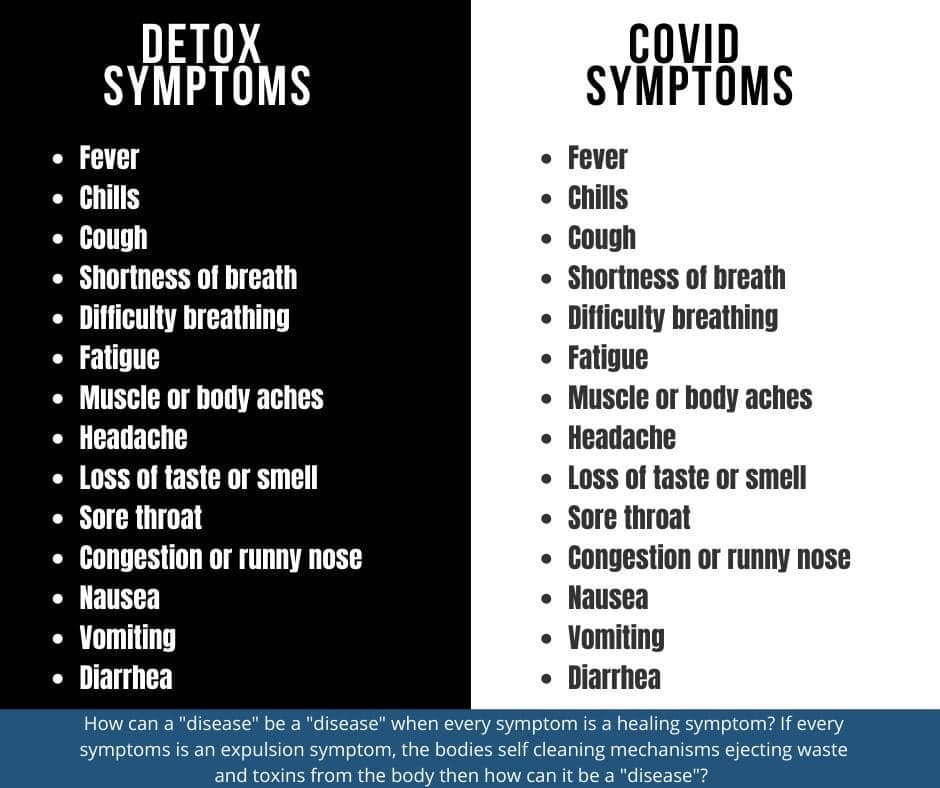WARNING: The information in this post will be controversial to many. You’ve been warned.
Water fasting and a carnivore diet produce the SAME healing effects because both approaches, though very different in terms of their specific intake, promote certain specific physiological responses that support healing, detoxification, and cellular repair. Here’s why they result in the same outcomes:
1. Reduction in Inflammation:
- Water fasting: During a water fast, the body shifts into a state called autophagy, where it starts to repair damaged cells and reduce inflammation. This process helps the body clear out dysfunctional cells and supports recovery.
- Carnivore diet: A strict carnivore diet, consisting of animal products, reduces inflammation by eliminating common dietary irritants (like plant-based compounds, anti-nutrients, sugars, and processed foods). Animal-based foods are rich in nutrients like omega-3 fatty acids, fat-soluble vitamins(A, D, E, & K), and amino acids that support anti-inflammatory processes.
2. Cellular Repair and Regeneration:
- Water fasting: Fasting triggers autophagy, the process where the body removes and recycles damaged cells. This helps with healing by allowing the body to use its energy resources for internal repair and regeneration rather than digestion.
- Carnivore diet: The carnivore diet provides high-quality proteins and nutrients essential for tissue repair and regeneration, such as collagen, zinc, and amino acids like glutamine. The absence of carbohydrates, anti-nutrients, and plant compounds allows the body to focus on utilizing these resources for repair.
- Note: While autophagy is most commonly associated with fasting, a carnivore diet—especially when it induces ketosis and reduces insulin levels—can support the conditions that promote autophagy. However, the degree to which it triggers autophagy will vary depending on individual metabolic states and overall dietary patterns.
3. Metabolic Reset:
- Water fasting: Extended fasting reduces insulin levels and encourages the body to shift from glucose metabolism to fat metabolism (ketosis), which helps with metabolic health, healing, and weight loss.
- Carnivore diet: The carnivore diet, being very low in carbohydrates, also encourages the body to burn fat for fuel and puts the body into a state of ketosis. This metabolic shift improves energy efficiency and assists with healing by reducing blood sugar fluctuations and stabilizing insulin levels.
4. Gut Healing:
- Water fasting: Water fasting gives the gut a rest, which supports gut healing and reduces gut inflammation. It can also help balance gut microbiota by eliminating food triggers and anti-nutrients.
- Carnivore diet: The carnivore diet eliminates plant-based foods, which cause gut irritation in sensitive individuals due to compounds like lectins, oxalates, anti-nutrients, and fiber. Focusing on animal-based foods reduces gut inflammation and improves digestion.
5. Hormesis and Stress Adaptation:
- Both fasting and the carnivore diet induce mild stress (called hormesis) on the body, which prompts it to adapt by becoming more resilient. This adaptive response stimulates healing and repair processes.
Key Differences:
In general, a well-planned carnivore diet is less likely to result in muscle loss compared to water fasting, especially over the long term. The consistent supply of protein, along with the body’s ability to use fat for energy, helps preserve muscle mass. In contrast, water fasting, particularly extended fasts, can lead to significant muscle breakdown due to the lack of protein and the body’s reliance on muscle tissue for glucose production after glycogen stores are depleted.
While both methods offer healing effects, the processes are different. Water fasting essentially involves a total absence of food, leading to the body’s own internal healing processes (like autophagy). The carnivore diet, on the other hand, is a specific nutritional plan that eliminates many food allergens and irritants while providing essential nutrients for tissue repair. Despite their differences, both approaches lead to a reduction in inflammation, metabolic improvement, and healing, particularly when the body’s primary focus is on repair rather than digesting complex plant-based food sources.
It’s important to note that the effectiveness and appropriateness of either approach depend on the individual’s health status, goals, and medical conditions. Consulting a healthcare provider before starting either regimen is recommended.
